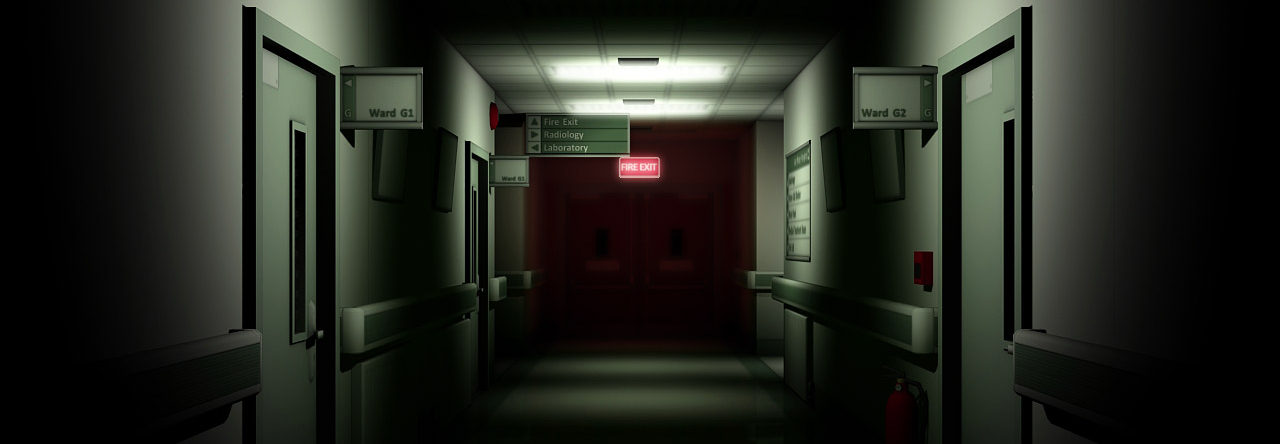
The last entry talked about the aftermath—how the music never swells, and hugs don’t always come. There’s no curtain call when the truth comes out. Just more fallout.
I want to take a moment to circle back to why this blog started in the first place. Originally, this space was meant to be a forum for healthcare—how we deliver it, where it’s broken, and what it *could* look like if we stopped letting unqualified voices dictate practice. It’s also about calling out bullshit, wherever it lives, and in 2020 we were up to our eyeballs in it.
Remember those early days of the pandemic? When half the country suddenly became armchair virologists because they stayed at a Holiday Inn Express the night before? People chugging horse dewormer, shoving UV lights up body parts, and claiming the virus was a hoax while hospitals filled up with the dying? Yeah, that mess. The real damage wasn’t just the virus—it was the public being flooded with misinformation by people who had no business speaking with authority. Leaders fumbled the response. And the rest of us in healthcare were left trying to clean up the mess while being second-guessed by people who couldn’t pass high school biology.
Let me be clear: this blog is, and always will be, rooted in healthcare. I’ve spent north of 30 years in the field. After leaving the Army—not as a medic, but as a tank guy, and let me tell you, tanks were a hell of a ride—I found my second career in medicine. From the ambulance bay to the ICU to primary care clinics, I’ve done my tour in almost every setting imaginable. If you’ve read this blog more than five minutes, you already know that.
And if Florence Nightingale could see what nursing has become, I’m not sure she’d recognize it. Nursing was supposed to be more than just being the doctor’s assistant. It was supposed to be autonomous, educated, responsive care at the bedside. But here we are, over 160 years after the Crimean War, still fighting for the right to practice what we were trained to do—because bureaucracy says otherwise.
Let’s talk about licensing and regulation. Yes, they’re necessary. Absolutely. But here’s the problem: the people tasked with oversight often have no clue what they’re actually overseeing.
Case in point—I once cared for a patient with chronic pain. We tried everything from opiates to ketamine, all documented, charted, within scope and guideline. Then enters the state investigator. Not a clinician. Not medically trained. Just someone from the Department of Professional Licensing who decided they were going to school me on CDC recommendations like they were gospel. Let me repeat: The CDC is not a regulatory body. They give guidance based on evolving data.
Even worse? It doesn’t always take an untrained investigator. Sometimes it’s just Karen. You know the type. The mom who didn’t like that I wouldn’t prescribe her kid opioids. Or the ex-girlfriend of a chronic pain patient who decided revenge was best served via an anonymous complaint.
One colleague of mine had a patient with chronic pain—stable, compliant, on a monitored, consistent dose of medication. He did all the right things: random drug screens, pill counts, reviewing controlled substance logs. Then came the patient’s ex-girlfriend/baby mama, calling to say she’d stolen his meds and wanted to know why we were feeding his addiction. The result? A cascade of threats, false complaints, and ultimately, a provider forced to drop a stable patient because the circus just wouldn’t stop.
The point is this: when the people overseeing practice don’t understand practice, we all lose. When a regulatory body takes anonymous complaints as gospel but doesn’t protect providers from harassment, we lose. When the system prioritizes optics over outcomes, the patients lose.
We need reform. We need oversight by people who understand the work. And we need protections for professionals trying to deliver competent, compassionate care in an environment where being too cautious or too compassionate can both get you burned.
And let’s talk about one more thing while we’re here—the demand for moral perfection. These licensing agencies expect you to be flawless. Not just clinically, but personally. As if the moment you got your license, you stopped being human. As if every trauma, mistake, bad relationship, or ugly day didn’t leave a scar.
Let me break the news gently: no one has ever been morally perfect. Unless your name is Jesus, and even that’s still debated by some, you don’t get to hold people to impossible standards. We are flawed. We are working under pressure, in broken systems, often without enough support. And yes, we make mistakes. That doesn’t mean we’re unsafe. It means we’re human.
Healthcare providers aren’t saints. We are professionals doing our best in systems that often work against us. And the sooner our regulators, institutions, and public realize that perfection is not the bar—but competence, honesty, and resilience are—the sooner we’ll stop burning out the very people we claim to need.
If you’re reading this and you’re a provider—nurse, doctor, paramedic, pharmacist—I see you. I’ve been there. Keep doing the good work. But document like your license depends on it—because sometimes, it does.
Regardless be the kind of person your dog and your mom hope you are.

